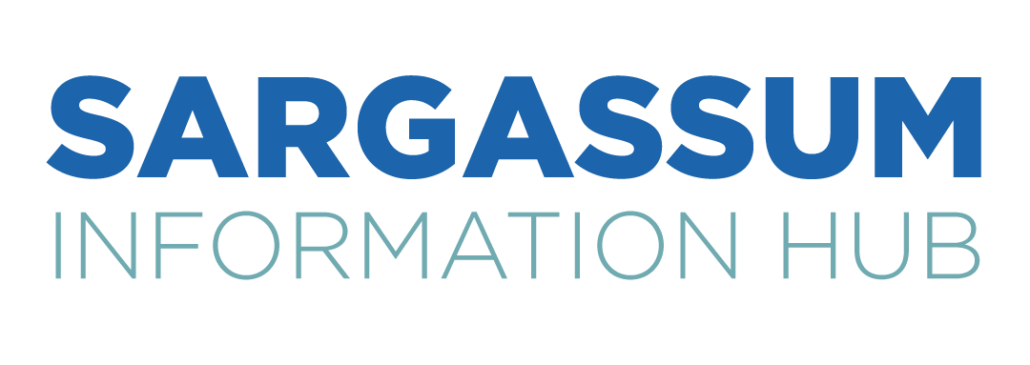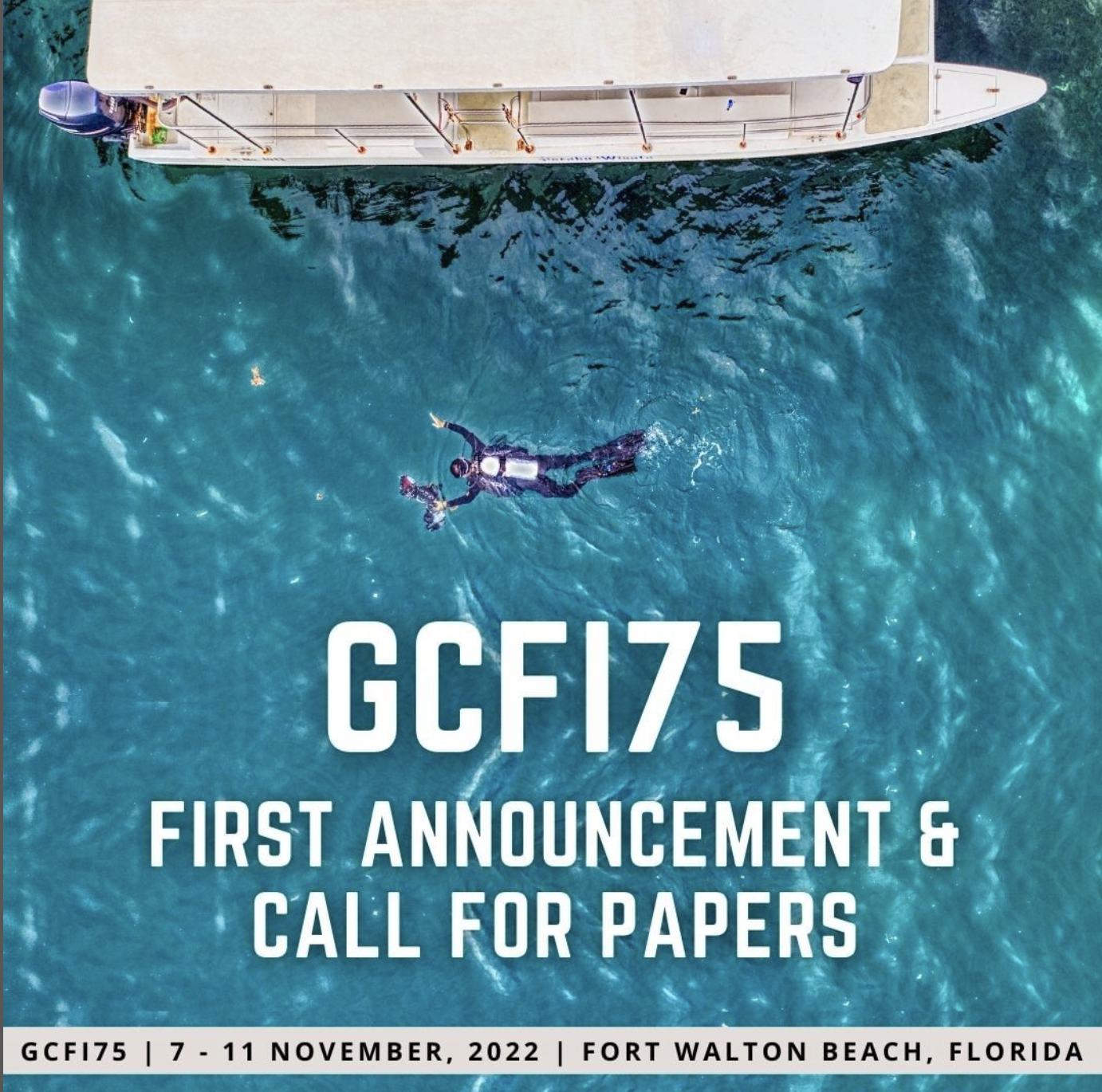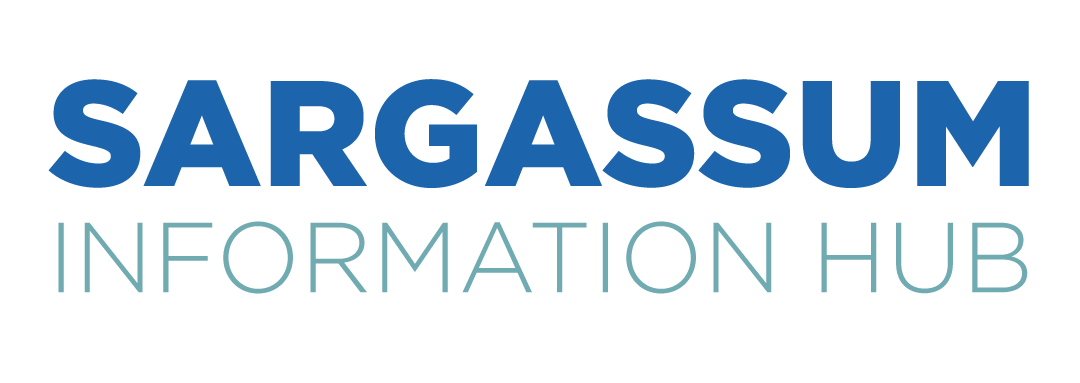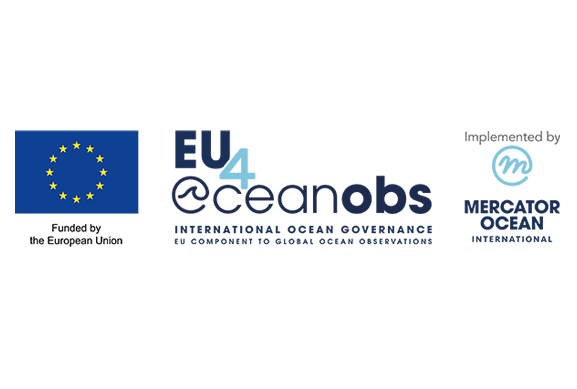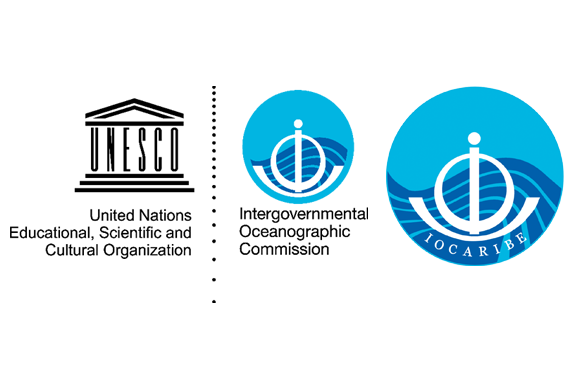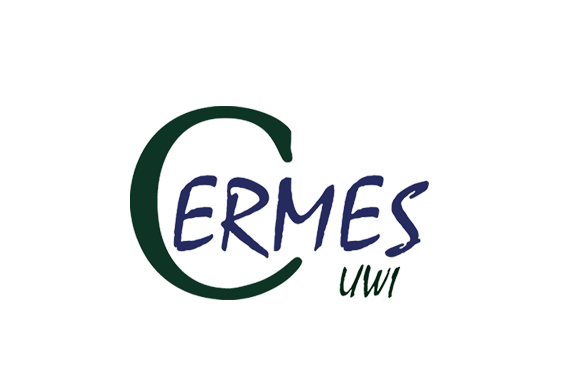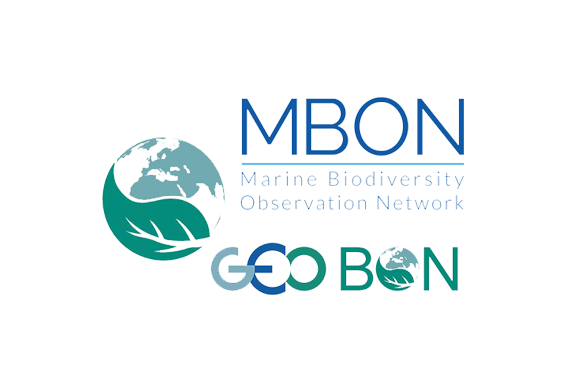Special Sargassum Session
The Gulf and Caribbean Fisheries Institute 75th Annual Meeting
7 – 11 November 2022 | Hybrid
GCFI is pleased to announce that the 75th annual meeting of the Gulf and Caribbean Fisheries Institute (GCFI 75) will be held in Fort Walton Beach, Florida from 7 – 11 November 2022 at The Island Resort. GCFI is partnering with Okaloosa County, the Destin – Fort Walton Beach Convention Center and Visitor Bureau to host GCFI74.
We intend to host a hybrid in-person event in Florida with options for virtual participation. We are monitoring the status of COVID19 within the region and the safety of our GCFI Family is our priority. Thus, if the status of the pandemic changes, and it is no longer safe to host an in-person meeting, a fully virtual event will be convened.
Regardless of the format, we encourage everyone who is interested in participating to submit an abstract.
More information at www.gcfi.org/gcfi75
We look forward to welcoming you at GCFI75!
SPECIAL SESSION
Living With Sargassum: Current Scientific Perspectives And Future Outlook For Fisheries, Coastal Managers And Entrepreneurs.
Organizers: Global Ocean Institute, World Maritime University, Sweden in association with CERMES, University of West Indies, Barbados, Gulf Caribbean Fisheries Institute.
For over a decade, influxes of the floating sargassum seaweed to the Caribbean and Gulf of Mexico have caused major environmental and socioeconomic problems for fisheries, tourism and coastal communities. In the early years responses were reactive, uncoordinated and inefficient leading to environmental degradation. Millions of dollars were channeled into emergency efforts to deal with the problem, regional coordination, research to understand the problem and innovative ways of using sargassum for commercial purposes. With the realization that sargassum influxes will persist into the foreseeable future, proactive and coordinated management responses across the region are essential.
However, as highlighted by the 2021 UNEP white paper on sargassum, it is a complex problem with inevitable trade-offs between clean-ups, harvesting initiatives and environmental impacts. The session will present a current state of understanding, with a particular emphasis placed on what the future holds and what research will be needed to resolve the key challenges.
Format: This session will feature a series of brief presentations highlighting the latest research findings, experience of management interventions and evaluate the prospects for utilization and economic gain.
The Goals of the Session are:
- Current understanding of the ecological causes and consequences of sargassum influxes.
- Management interventions/clean-up operations. What has worked, what has not? What the impacts have been; what is best practice?
- Fisheries responses and future prospects under continuing sargassum influxes.
- Social and economic challenges of sargassum influxes.
- Potential uses of sargassum. What are the most promising opportunities?
